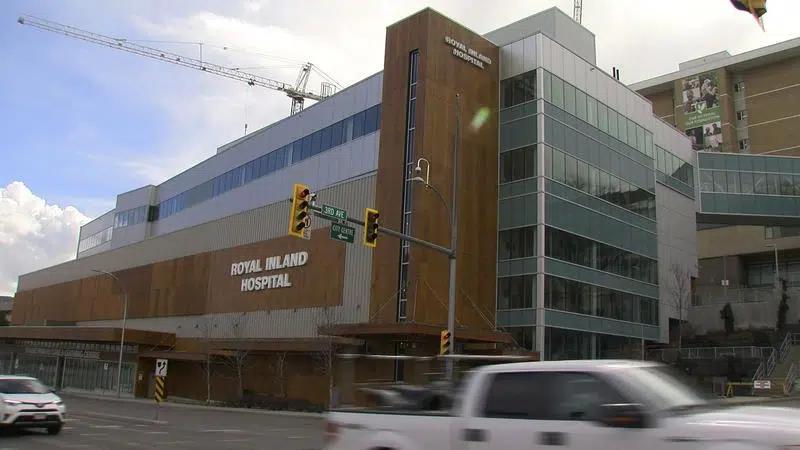
Masks become key priority for Kamloops healthcare workers amidst PPE supply issues
KAMLOOPS — Across Canada and around the world, getting ahold of adequate supplies of personal protective equipment (PPE) for healthcare workers has become a concern. In Kamloops, healthcare facility staff are feeling the impact of the global strain.
Christine Sorensen, President of the BC Nurses Union, says masks in particular are in high demand, and health authorities around the country are trying to secure enough supplies to keep frontline workers safe.
“PPE is difficult to acquire. There are not enough, particularly N95 masks for nurses to be able to use to protect themselves.”


